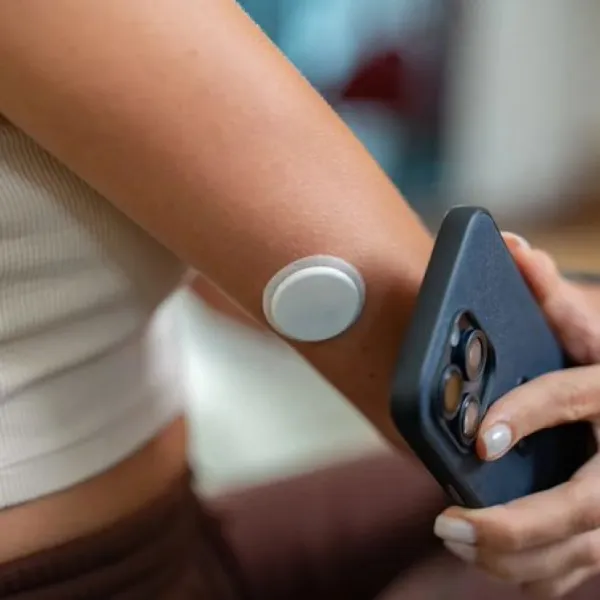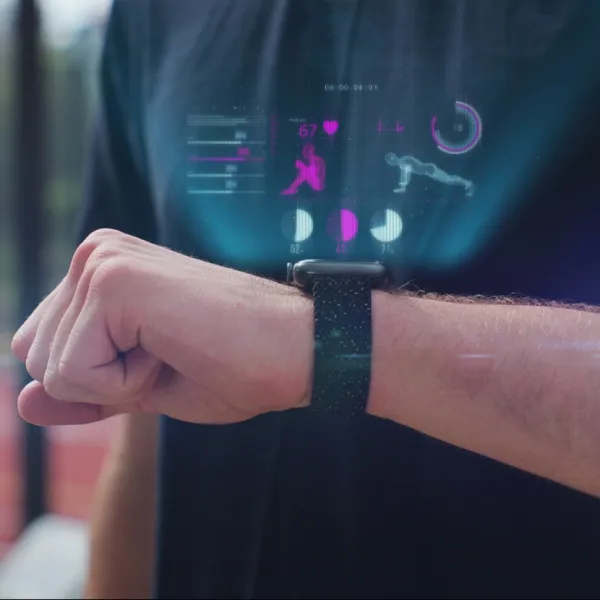IIT Guwahati Researchers Develop Point-of-Care Device for Instant Glycemic Index Detection

This device operates by electrochemically detecting the maltose produced, categorising food sources into Rapidly Digestible Starch (RDS) and Slowly Digestible Starch (SDS), along with Resistant Starch (RS).
In a significant development, researchers from the Indian Institute of Technology Guwahati (IIT-G) have introduced a practical and budget-friendly Glycemic Index (GI) sensor. This point-of-care device provides essential support for diabetes management by quickly determining the GI of various foods.
The Glycemic Index, or GI, is a metric that assesses how carbohydrate-containing foods affect blood sugar levels after consumption. High-GI foods can lead to rapid spikes in blood glucose levels, increasing the demand for insulin and the risk of type-2 diabetes. On the other hand, low-GI foods help in preventing conditions such as diabetes, heart disease, obesity, and cancer.
Explaining the real-time monitoring of fast food, Prof Dipankar Bandyopadhyay said, "When we tested the device on fast foods like crackers, biscuits, chips, and bread, we found that crackers have the most RDS, followed by potato chips, and then brown bread. Notably, the SDS/RS of brown bread releases maltose slowly, causing a gradual increase in glucose levels and a lower response from insulin in the body."
With the growing popularity of fast food among the global working population, the demand for a portable device that can swiftly assess the GI of food is evident. The point-of-care-testing (POCT) prototype developed by the IIT Guwahati team can determine the glycemic index of common foods in just about five minutes.
This device operates by electrochemically detecting the maltose produced, categorising food sources into Rapidly Digestible Starch (RDS) and Slowly Digestible Starch (SDS), along with Resistant Starch (RS).
This research has been published in the journal Sustainable Chemistry & Engineering by the American Chemical Society. The paper is co-authored by researchers Prathu Raja Parmar, Jiwajyoti Mahanta, Saurabh Dubey, Tapas Kumar Mandal, and Prof Dipankar Bandyopadhyay.
In addition, the researchers have filed a patent for their creation, the Real-time Glycemic Index Sensor, comprising enzymatic biosynthesized gold nanocomposite, with the names Prathu Raja Parmar, Saurabh Dubey, and Dipankar Bandyopadhyay attached.
This remarkable development was made possible through funding from the Indian Council of Medical Research (ICMR) and the Ministry of Electronics and Information Technology (MeitY).
In previous developments, IIT-Guwahati designed a 3D-printed apparatus for swift UTI (Urinary Tract Infection) diagnosis. This ingenious device comes at a manufacturing cost of approximately INR 608, with each sample test costing a mere INR 8.
In contrast, the traditional method, which relies on urine culture, usually demands about two days, causing treatment delays and potential complications for patients. The dedicated research team behind this innovation aims to notably cut down detection time, thereby elevating the quality of patient care.
Stay tuned for more such updates on Digital Health News





























